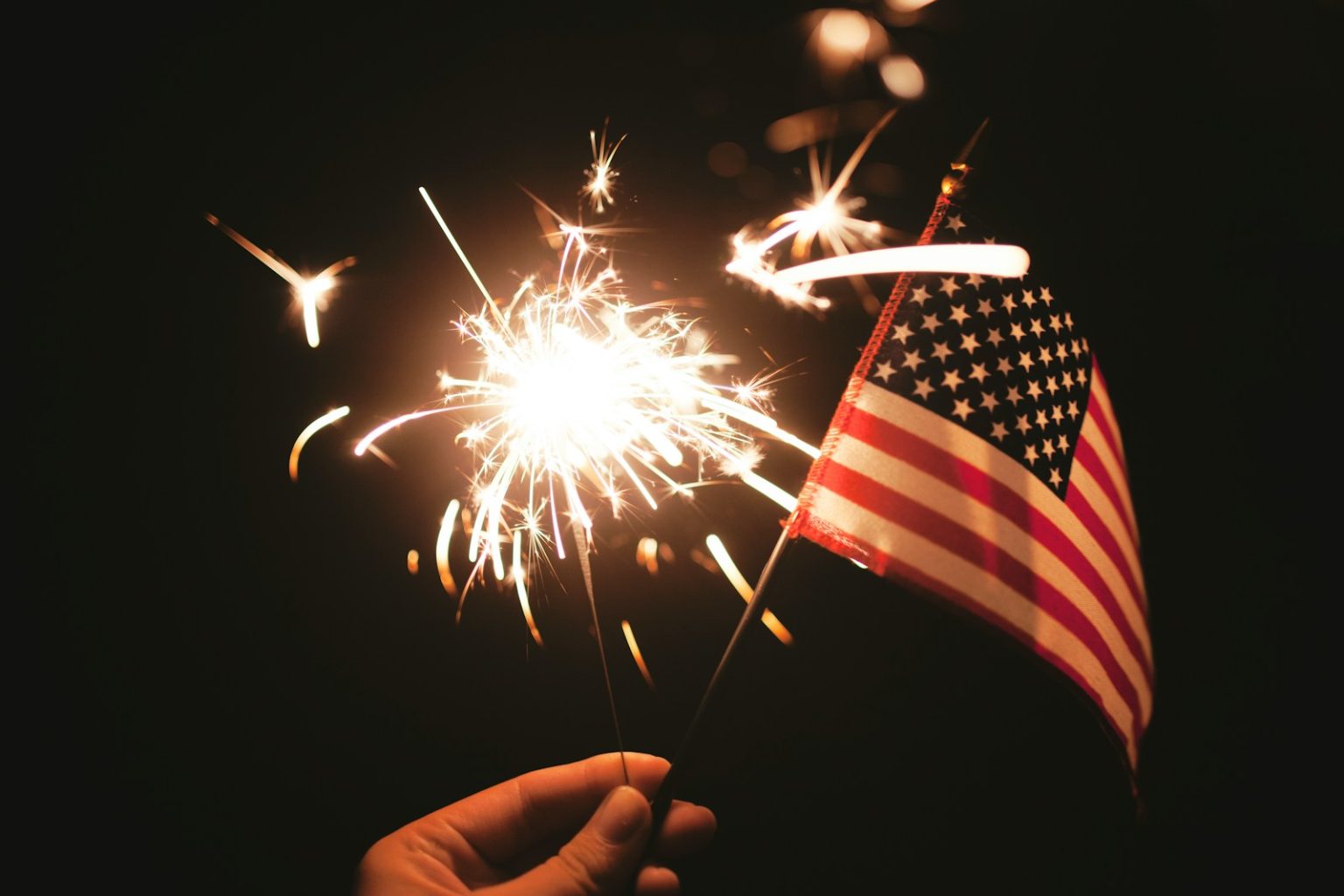What strikes me most about these founders isn’t just their eloquent words or lofty ideals, but their willingness to back those words with action at tremendous personal risk. These weren’t just philosophers or politicians making speeches. They were men who put everything on the line.
The True Price of Their Signatures
We often forget what signing that document actually meant. This wasn’t a petition or a strongly worded letter. For these men, putting their names on the Declaration was an act of high treason against the British Crown. The punishment? A particularly brutal execution designed to make an example of traitors.
When they pledged “their lives, their fortunes, and their sacred honor,” it wasn’t metaphorical – it was literal. They knew exactly what they were risking:
- Their wealth and property could be seized
- Their families could face persecution
- Their reputations would be destroyed if they failed
- Their lives would end in public execution if captured
This wasn’t a decision made lightly or without understanding the consequences. These men weren’t naive idealists – many were wealthy, educated, and had much to lose. Yet they chose to act on their convictions rather than merely talk about them.
View this post on Instagram
The Gap Between Words and Action
In our modern world, I see a widening gap between what people say they believe and what they’re willing to sacrifice for those beliefs. We live in an age of convenient convictions – where making a social media post or attending a rally is often the extent of our commitment.
The founders remind us that real change requires real risk. They didn’t just complain about tyranny – they stood up against it, knowing it might cost them everything. Their courage forces me to ask myself uncomfortable questions: What am I willing to risk for what I believe? Where is the line between my comfort and my convictions?
Signing the Declaration of Independence was a wavy decision. It was high treason, punishable by a gruesome death at the hands of a ruthless king.
Freedom Isn’t Free
The phrase “freedom isn’t free” has become something of a cliché, but the founders understood its meaning at the deepest level. They recognized that liberty required sacrifice – not just from soldiers on battlefields, but from citizens willing to stand up for what’s right, even when doing so is dangerous.
Their example challenges me to consider:
- What causes today are worth similar sacrifice?
- How much am I willing to risk for my deepest beliefs?
- Am I merely talking about my convictions, or am I acting on them?
This Independence Day, I’m trying to look beyond the celebrations to honor the true spirit of the holiday – the courage to act on conviction, regardless of personal cost. I’m grateful for those 56 patriots who didn’t just talk about freedom but were willing to pay its price.
As we celebrate this weekend, perhaps the most meaningful way to honor their legacy isn’t just with fireworks and flags, but by examining our own lives. Where are we merely talking about our beliefs, and where are we willing to act on them, even when it costs us something?
Who are you grateful for this Independence Day? And more importantly, what would they think of how you’re living out the freedom they secured?







